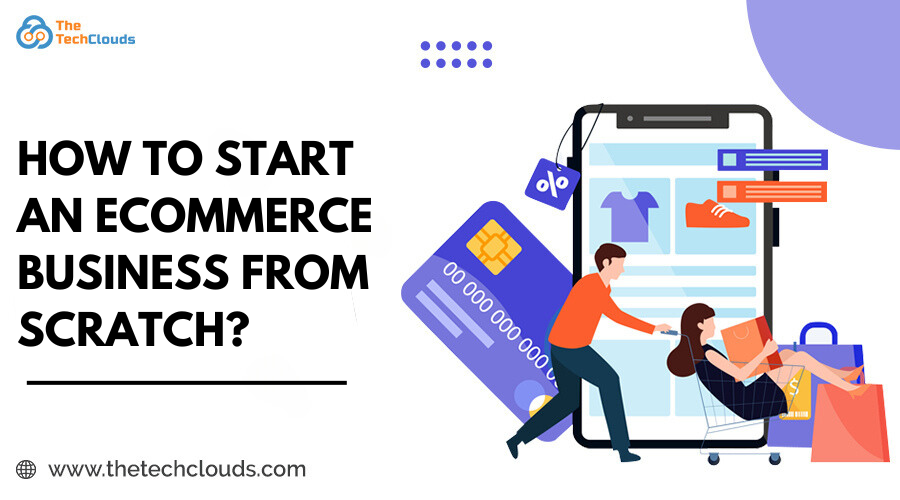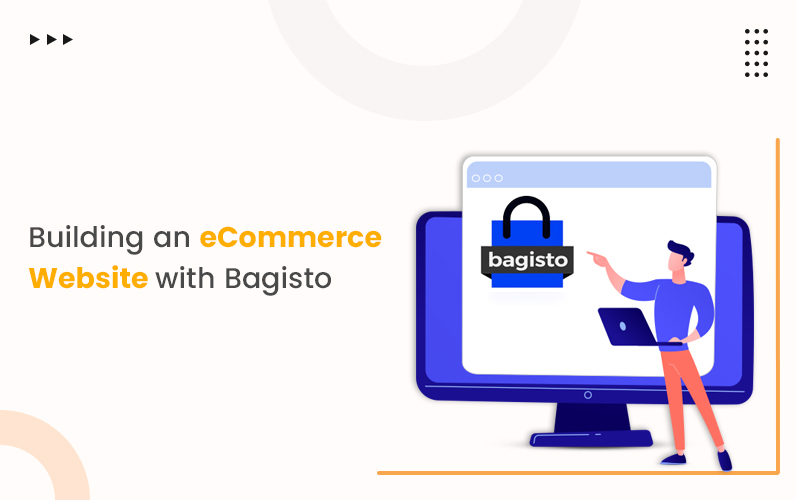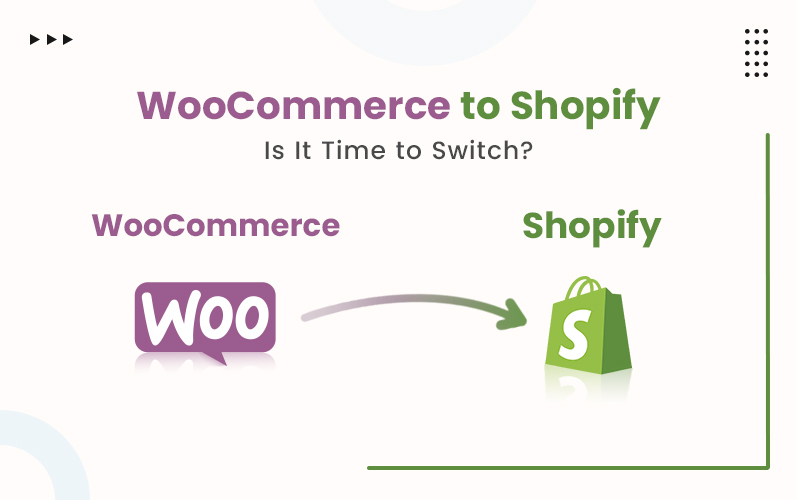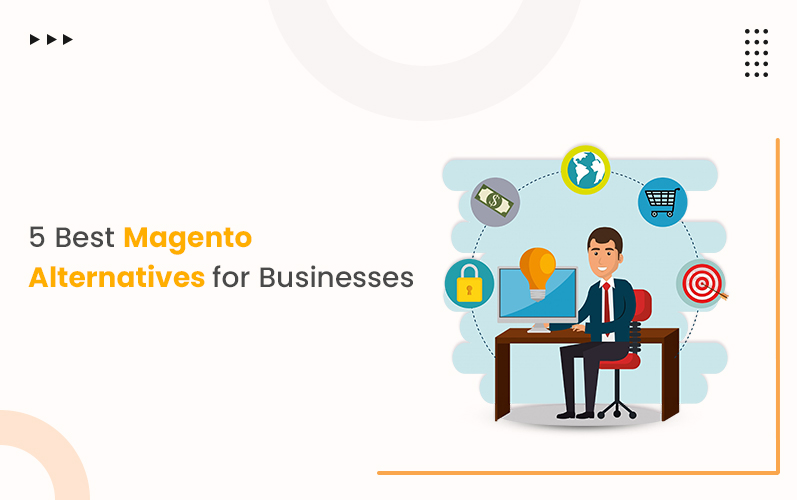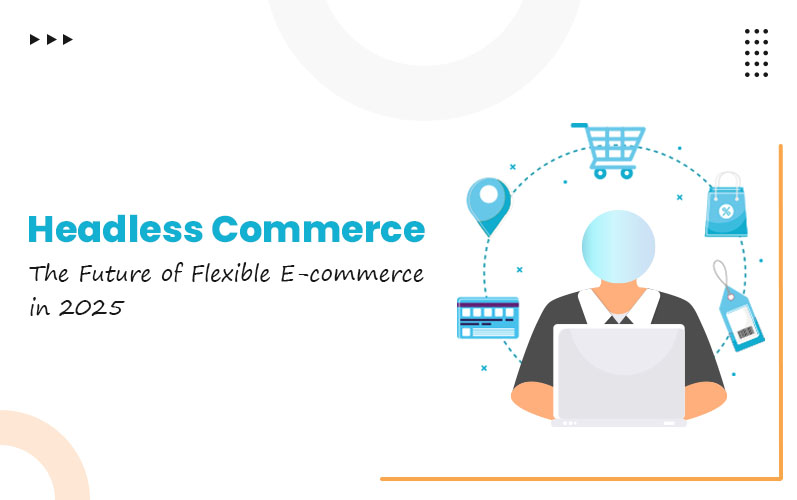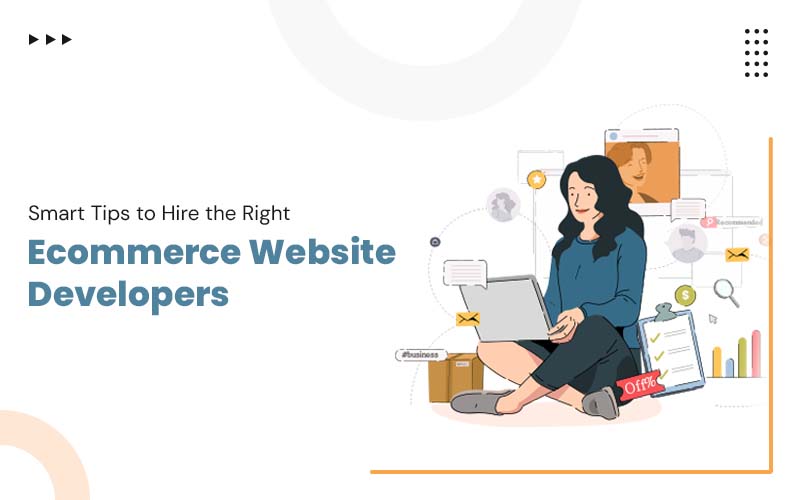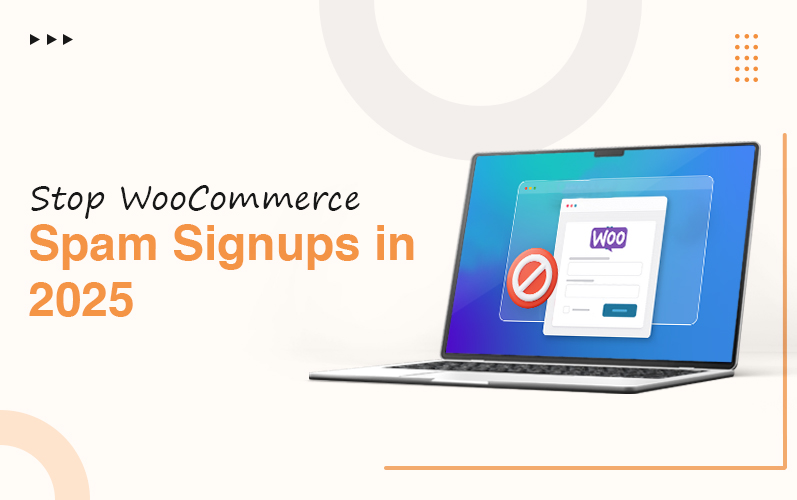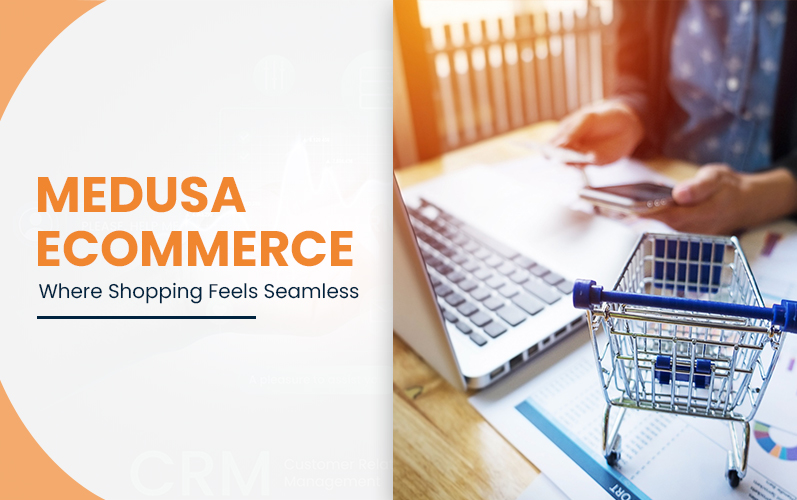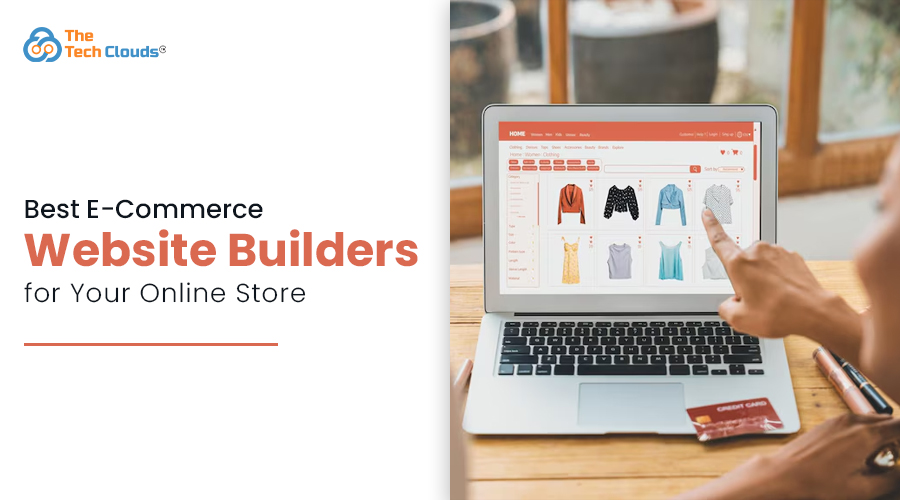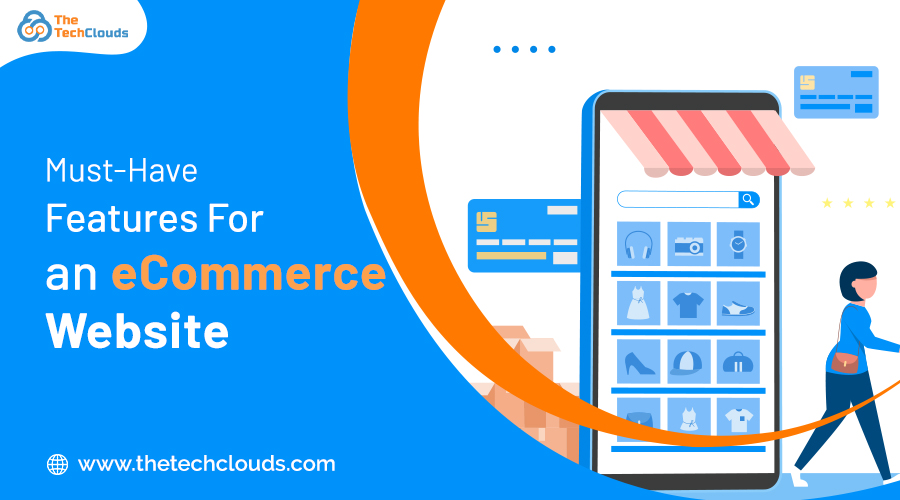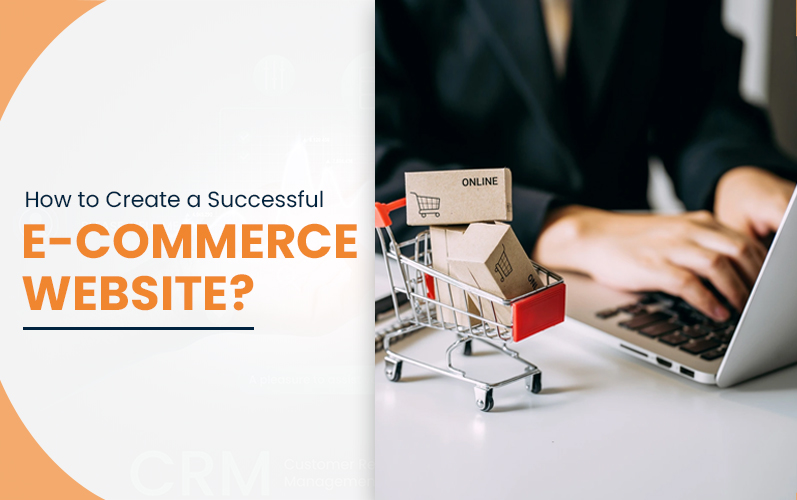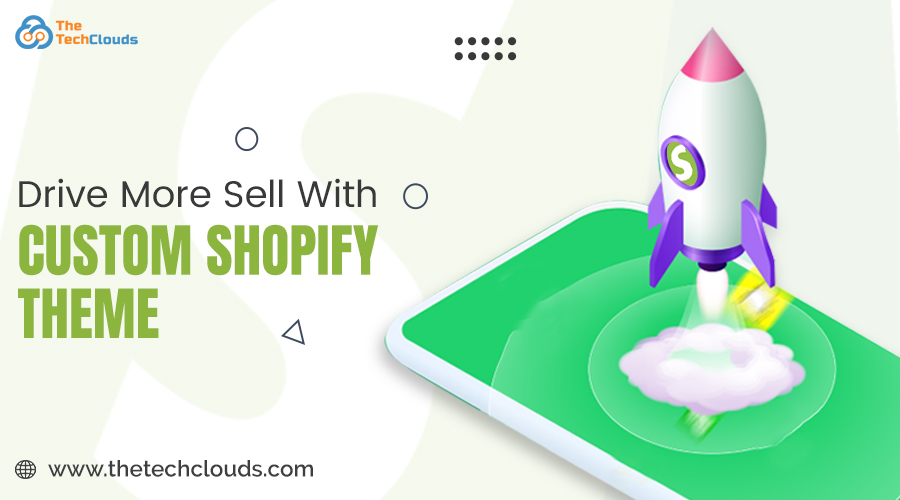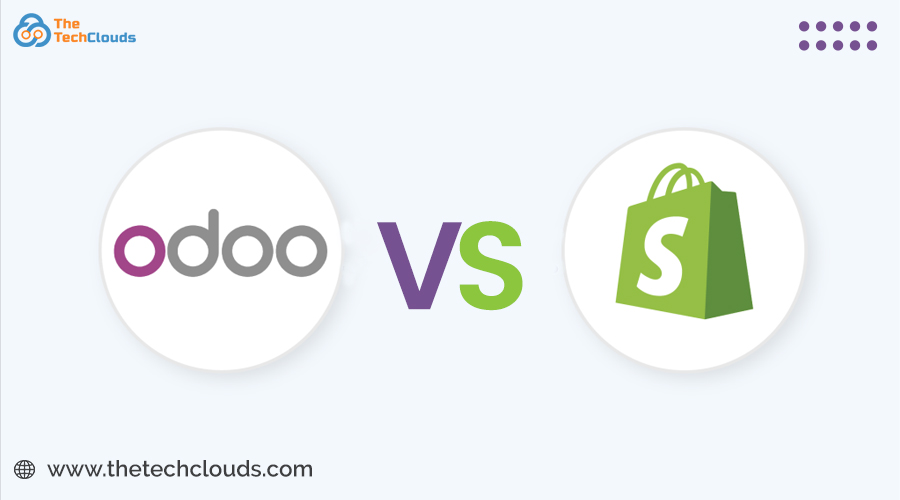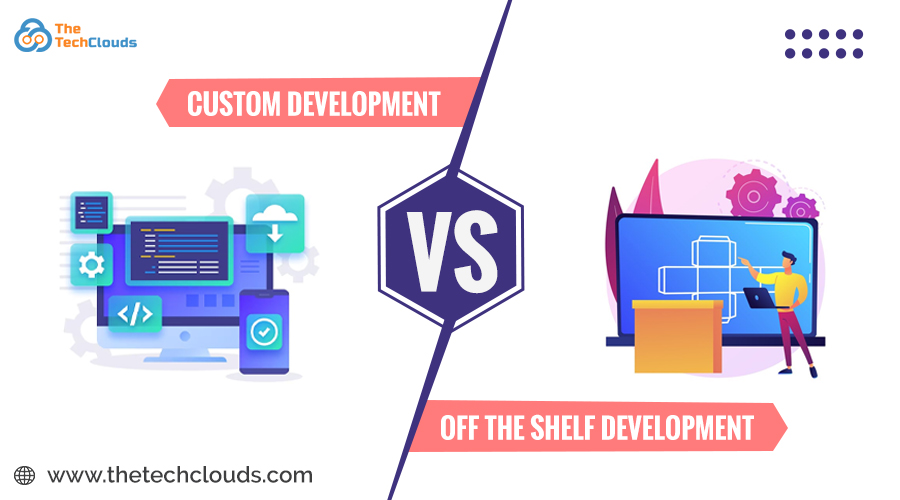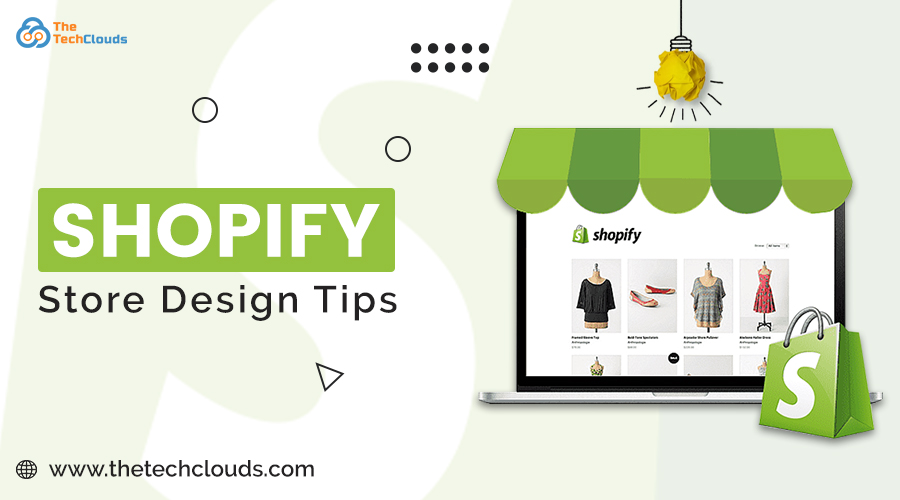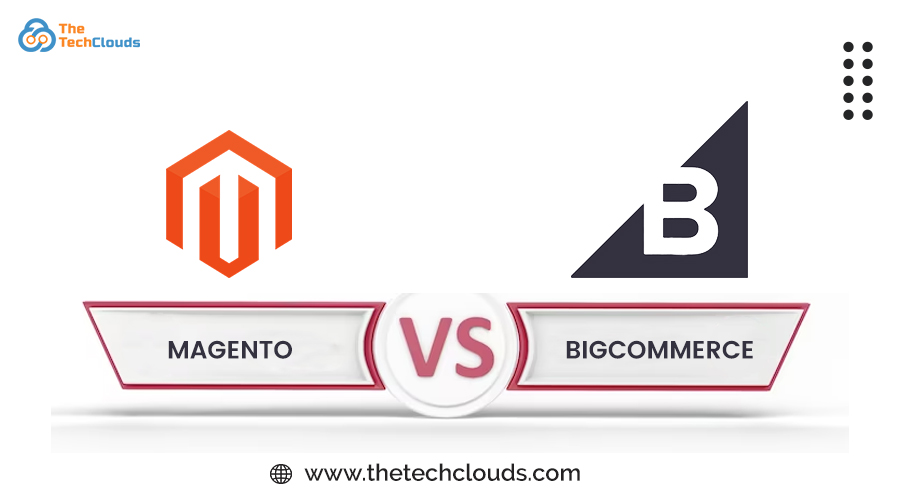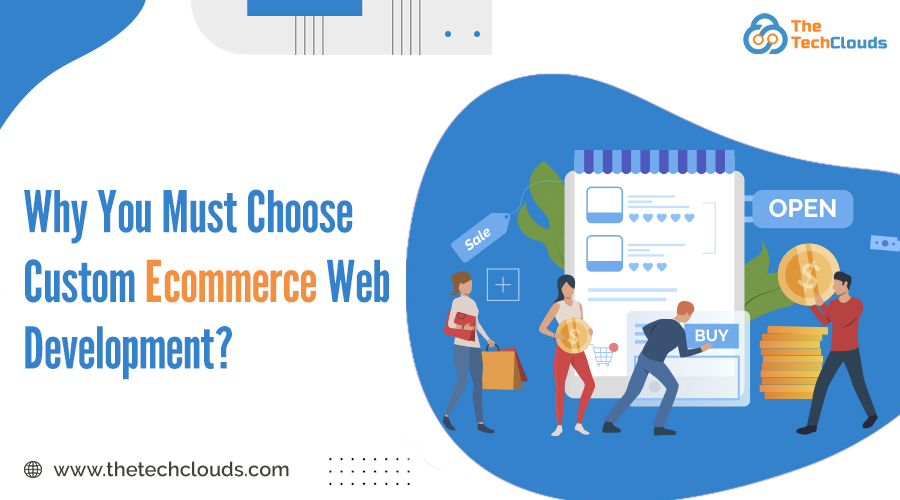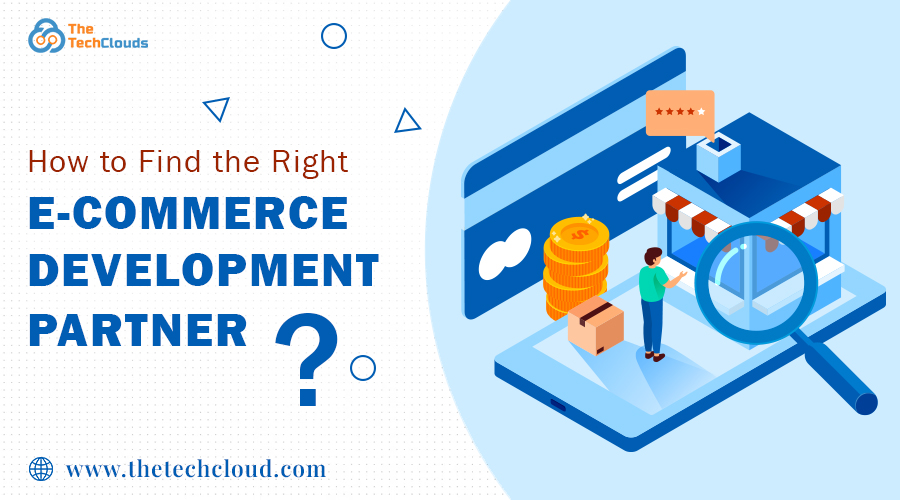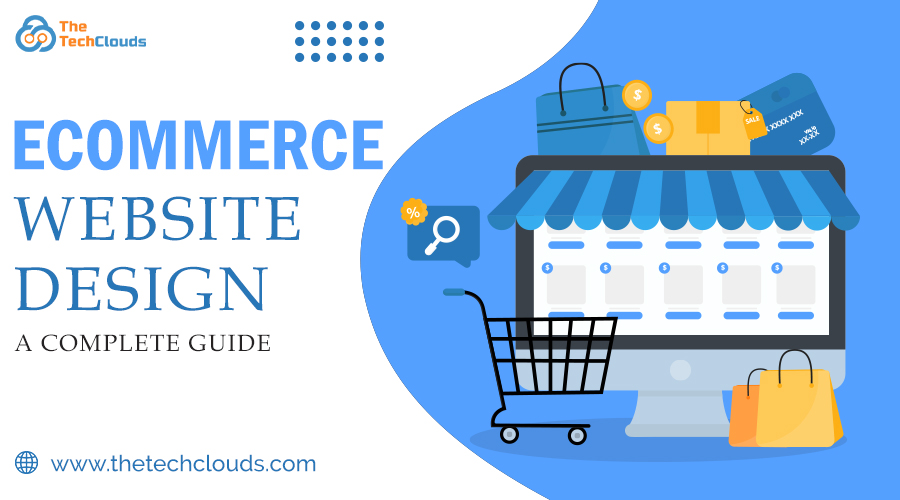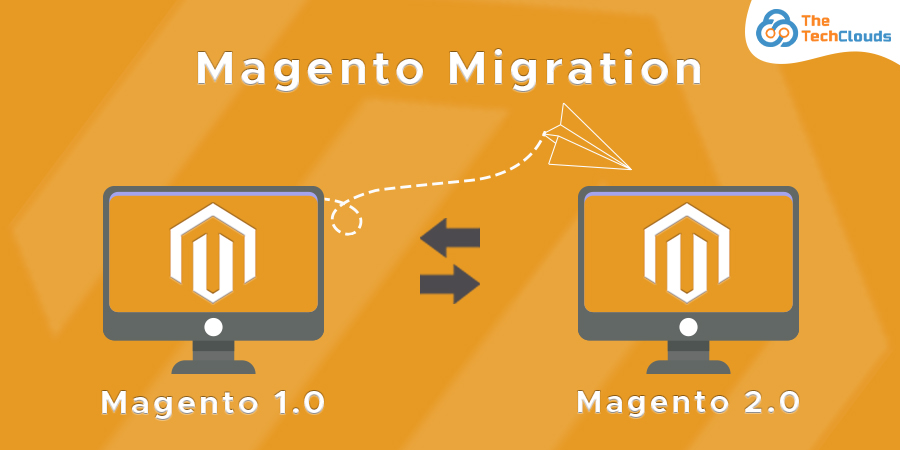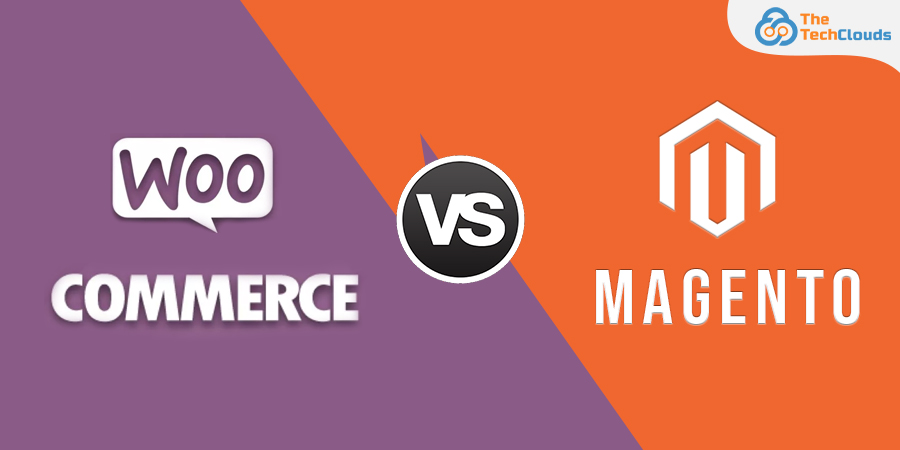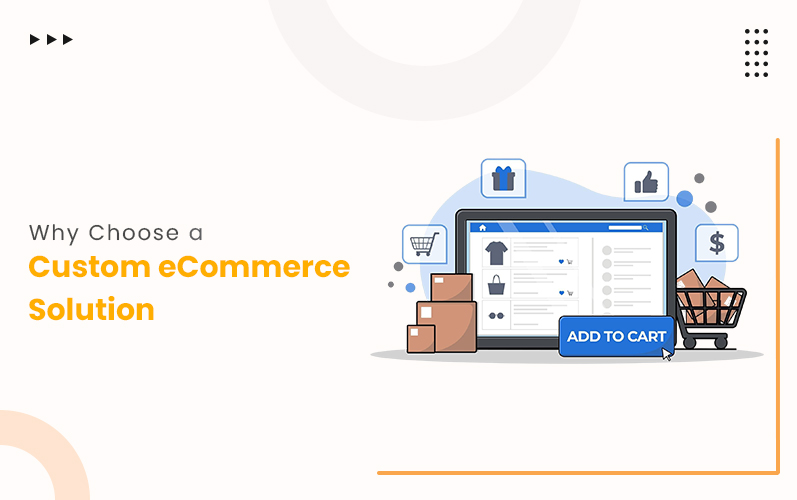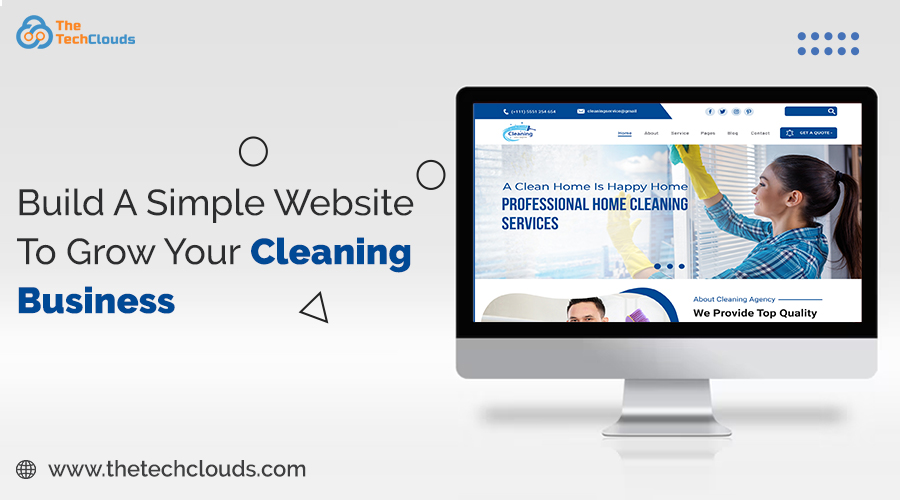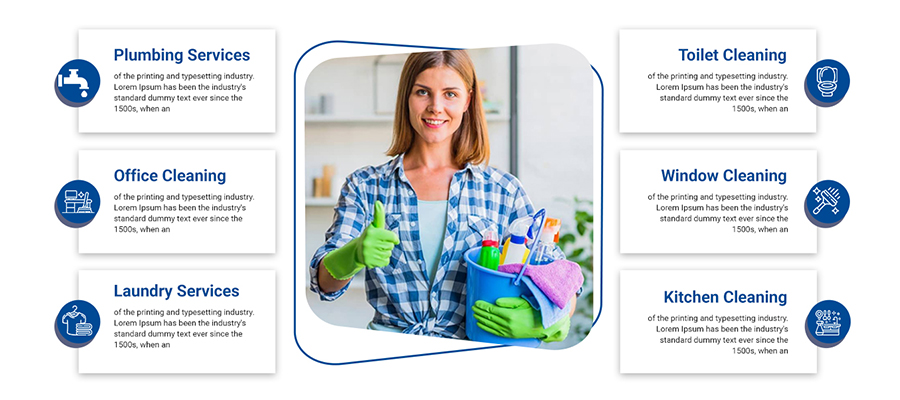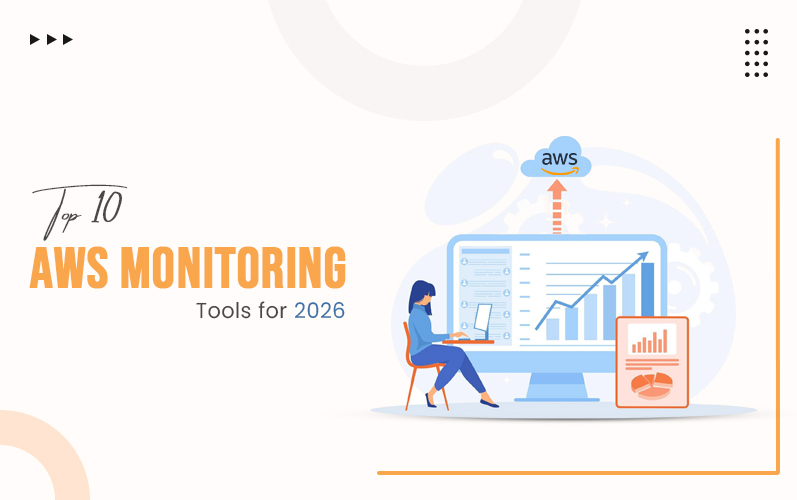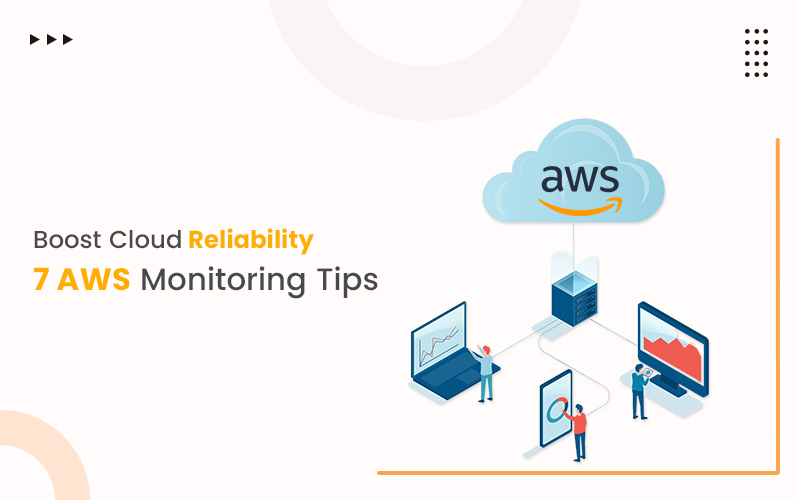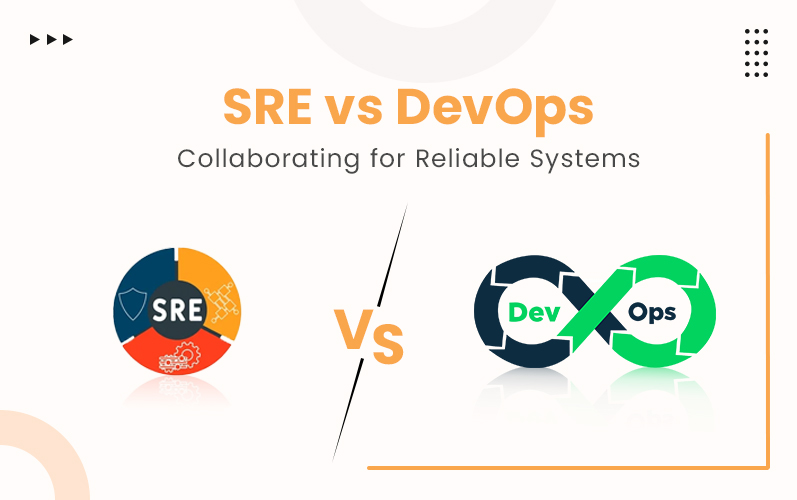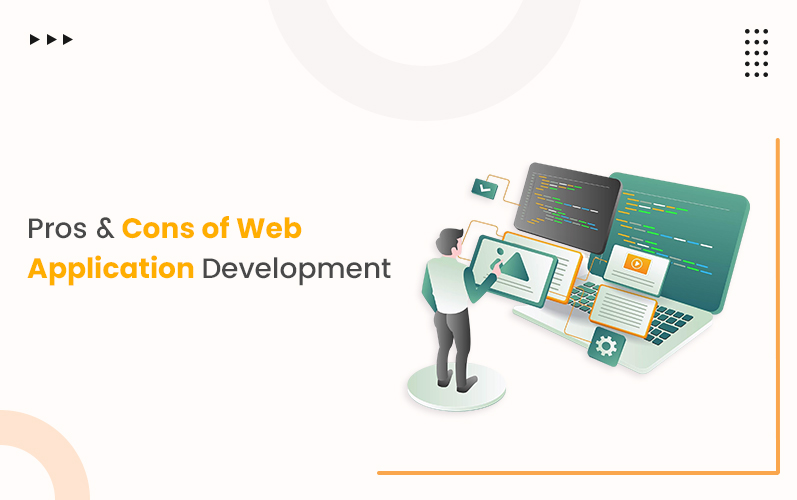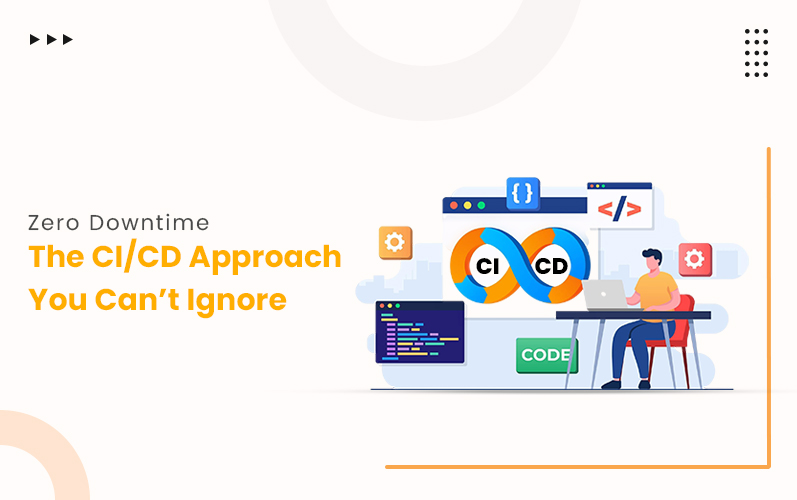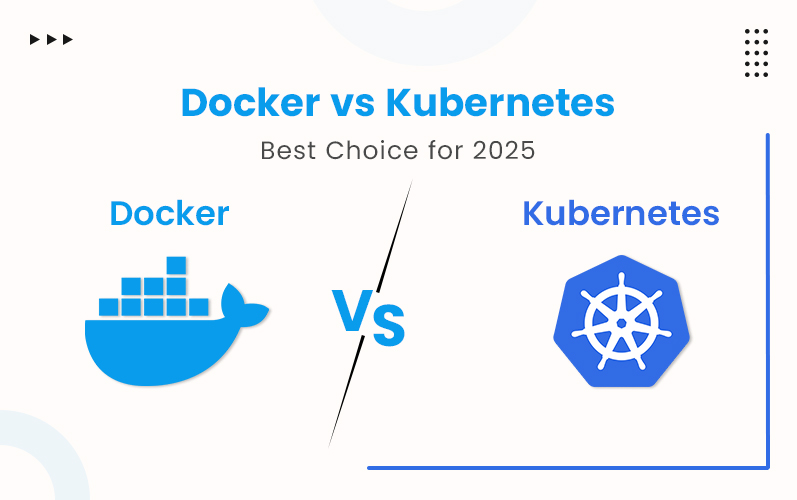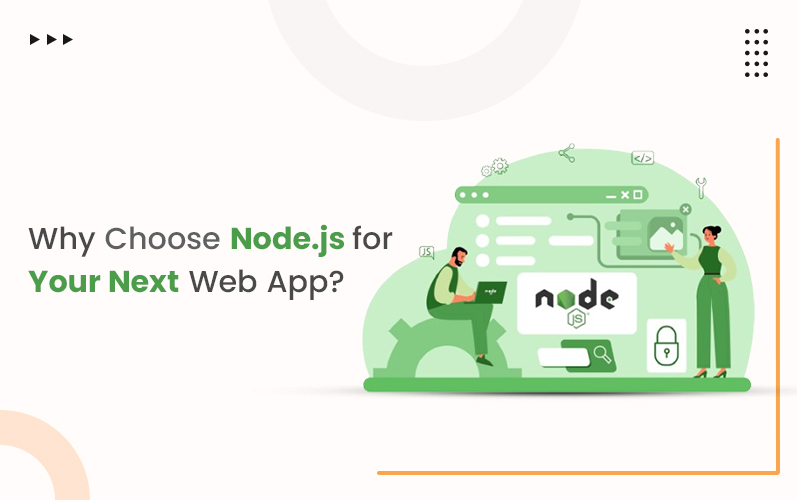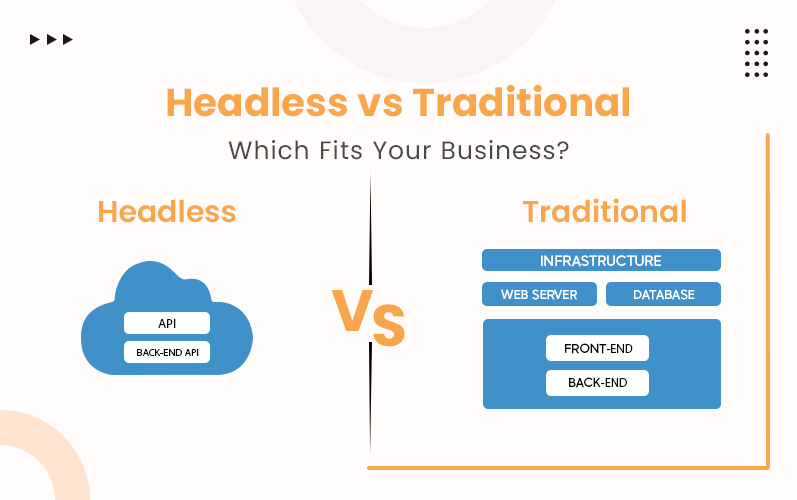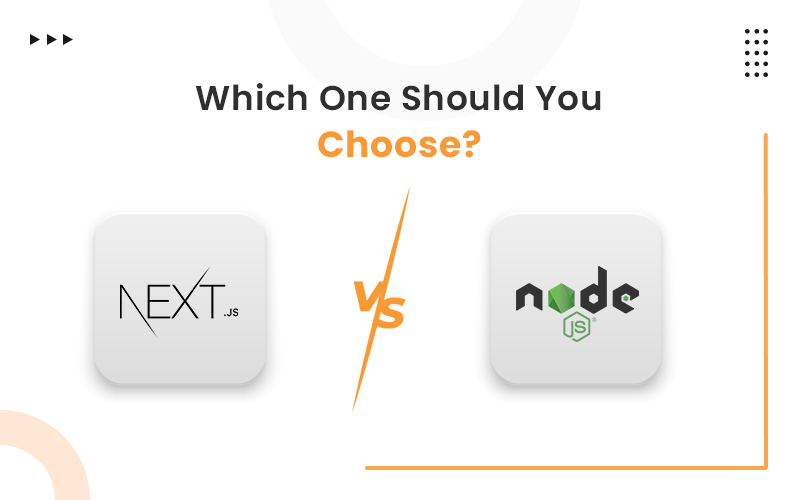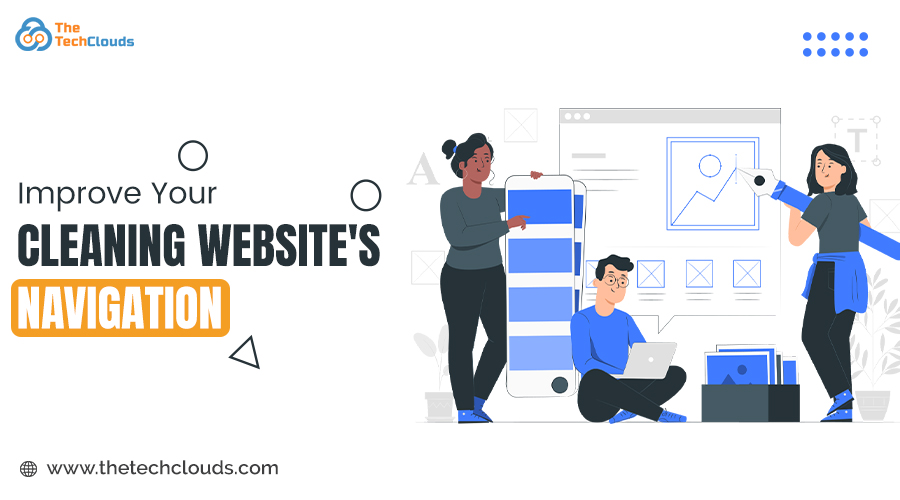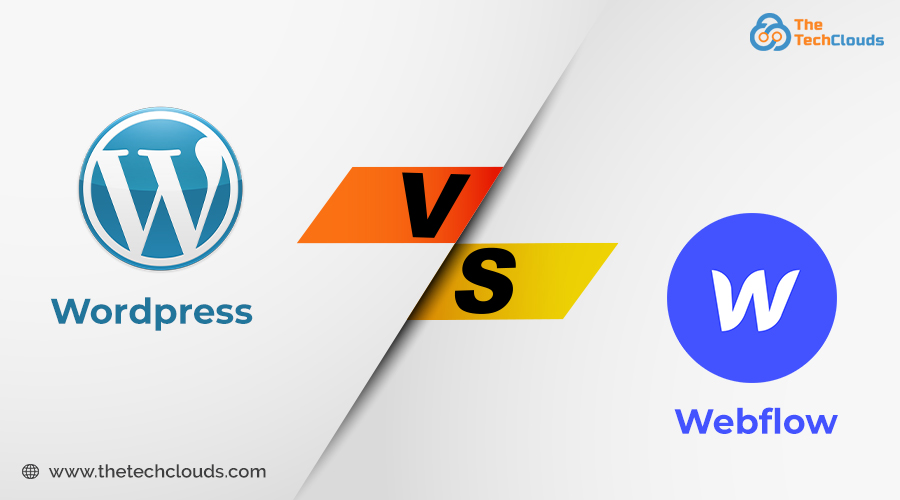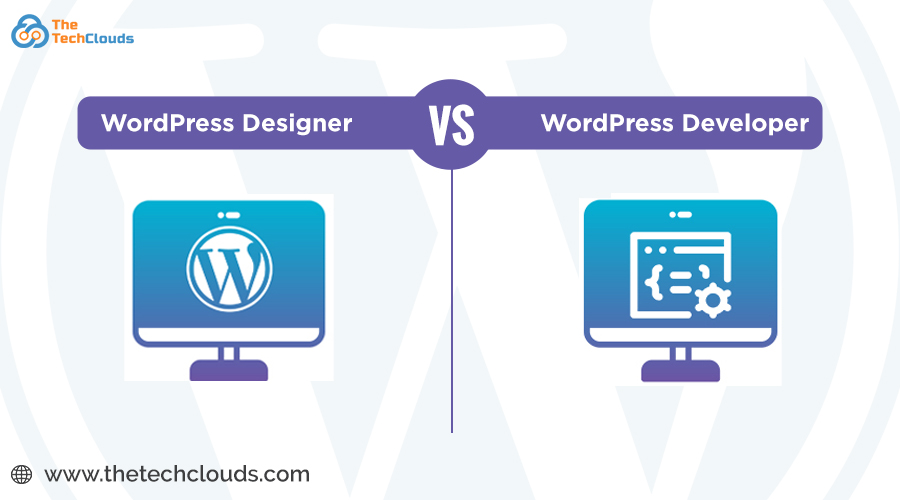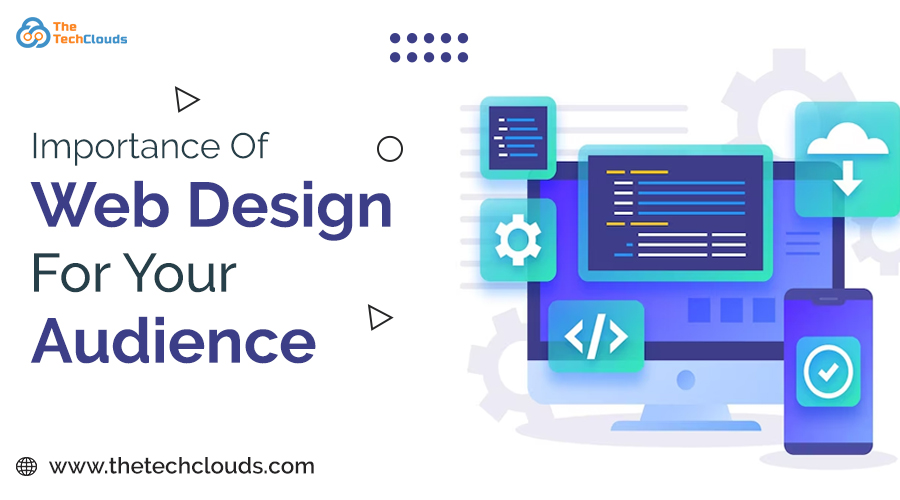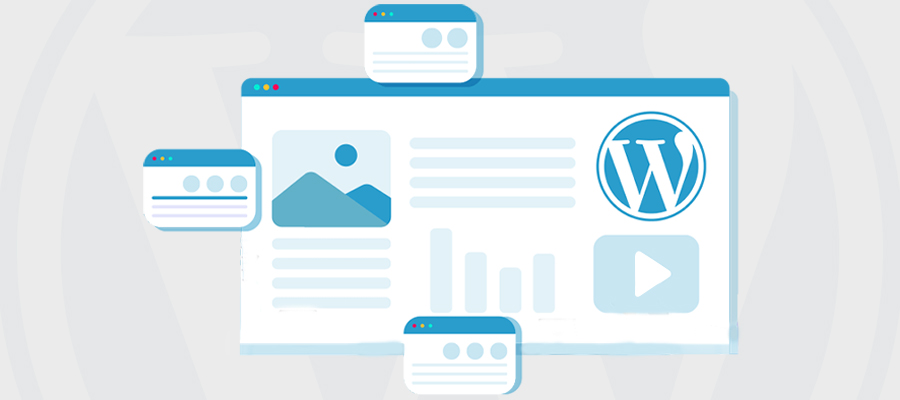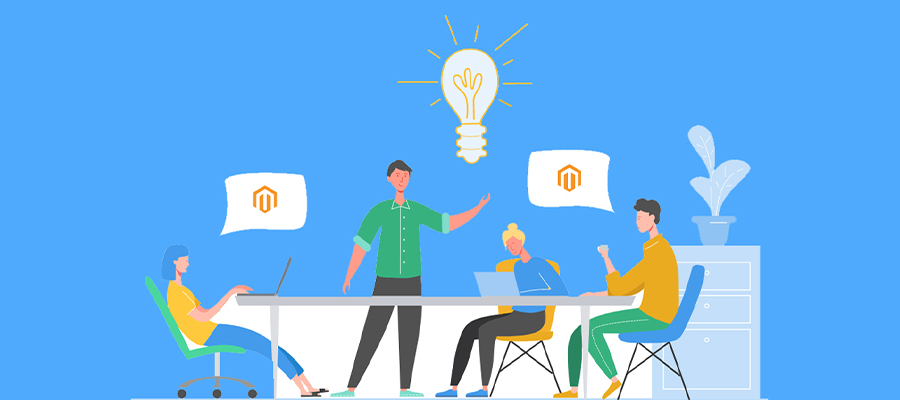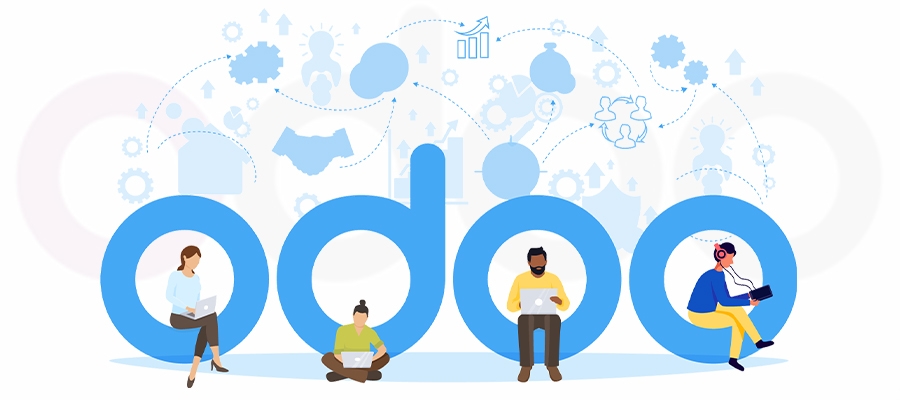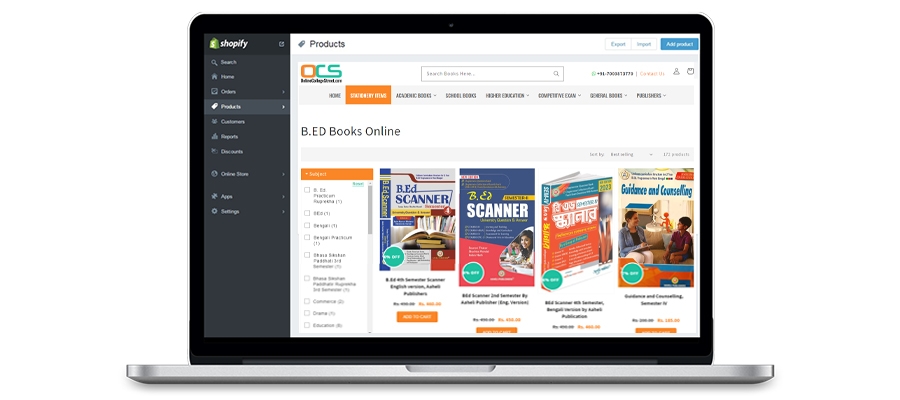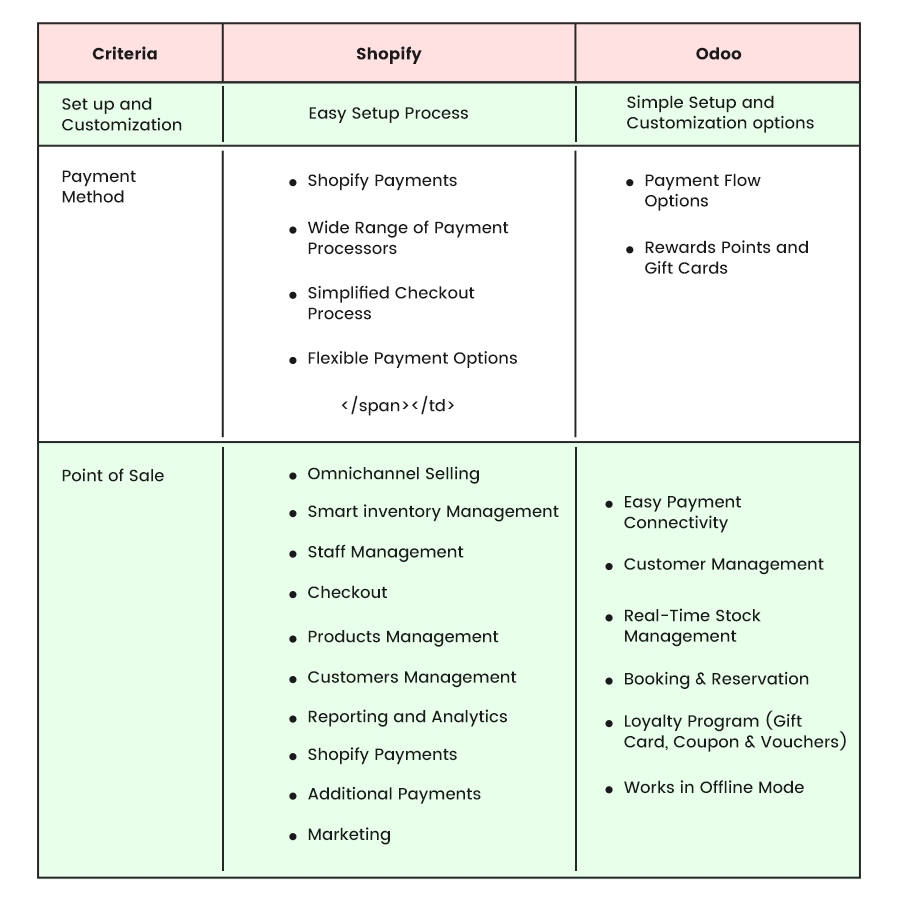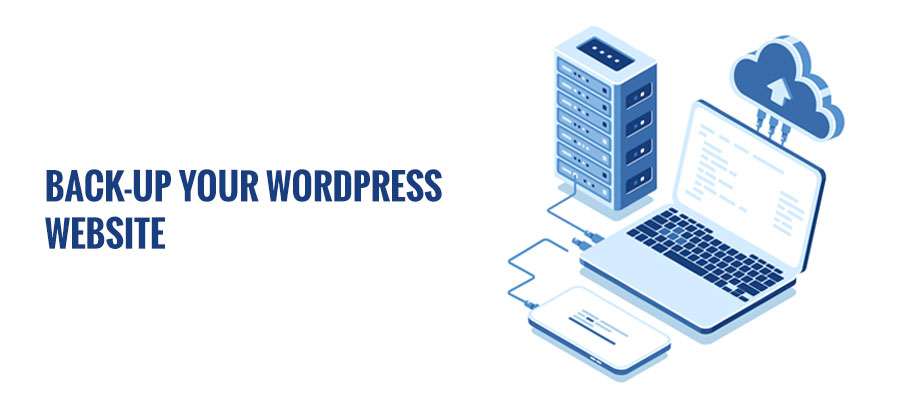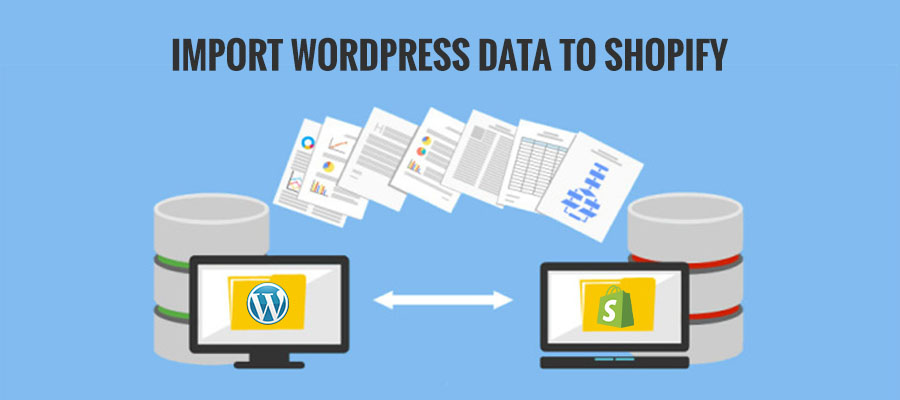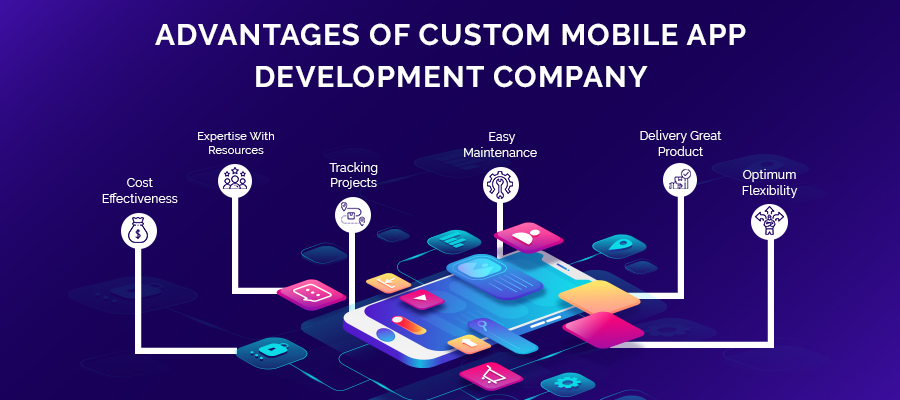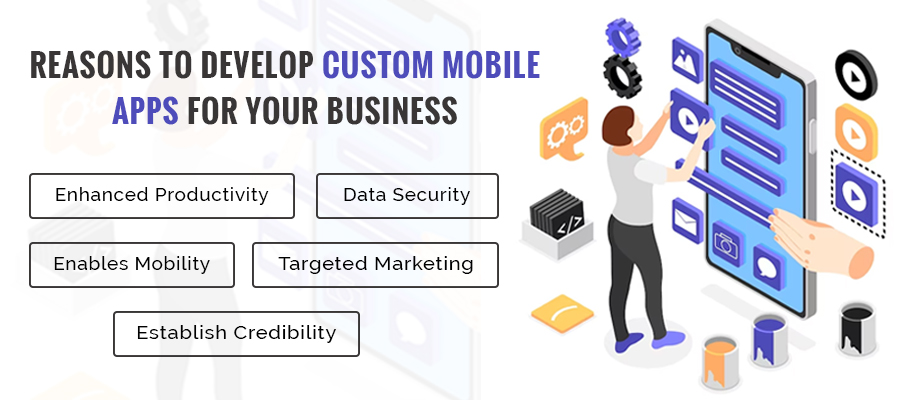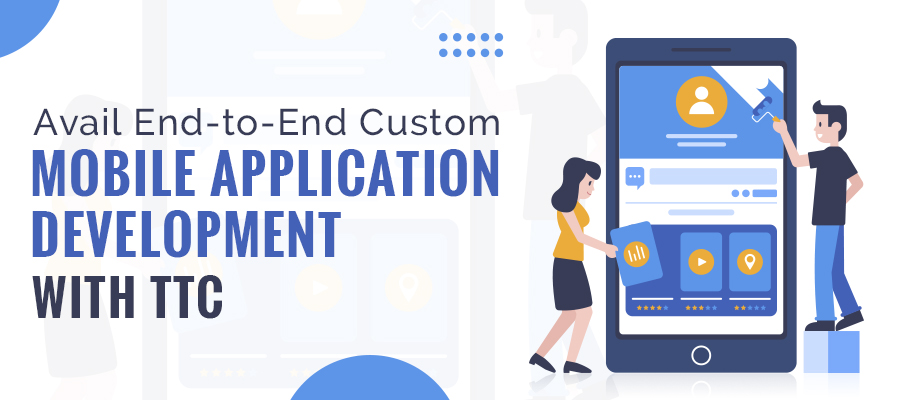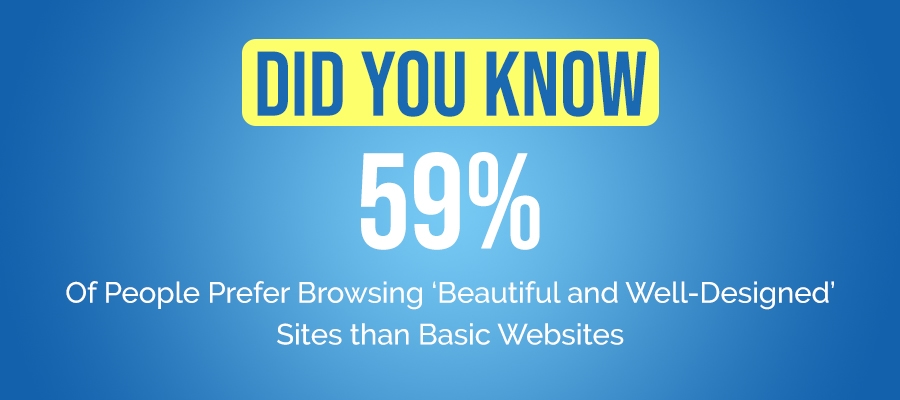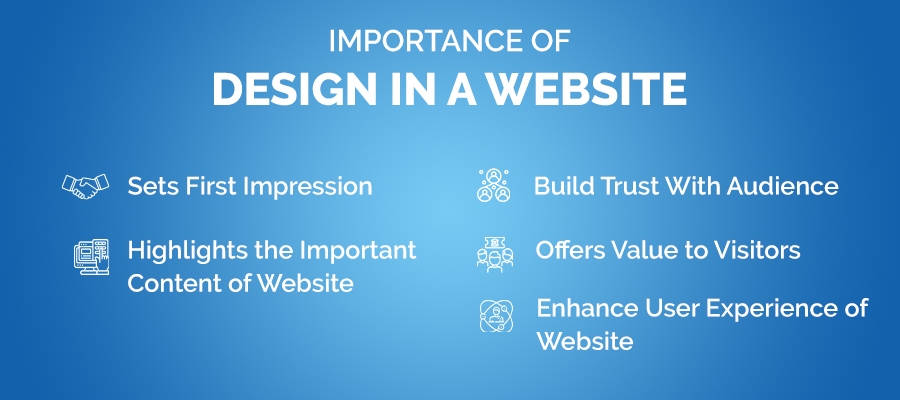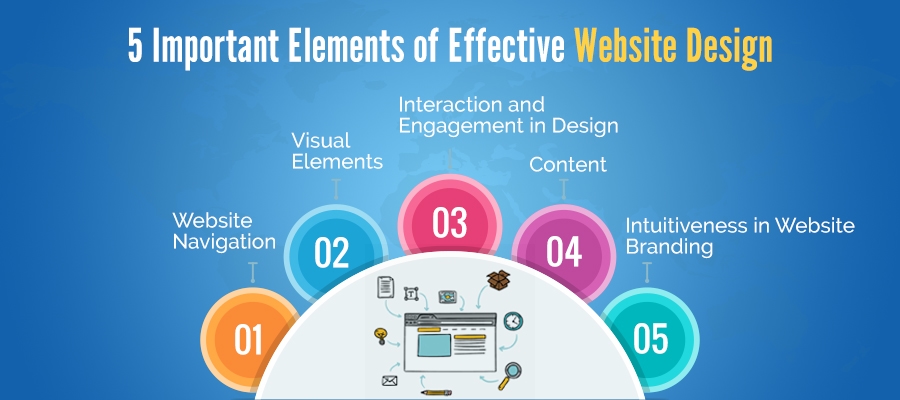People buy a wide variety of products online from the comfort of their homes at competitive rates, making e-commerce the standard of the day. With the ever-increasing growth of online products or services, it’s no shock that you’re considering starting an ecommerce business. Proceed with caution! Don’t be discouraged by your limited resources; know how to start an ecommerce business from scratch and grow it into a reputable brand in a relatively short period of time. 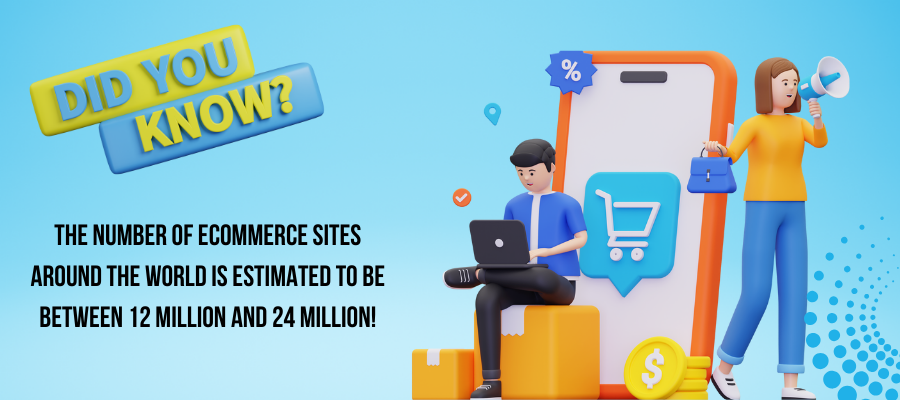
Why Start an Ecommerce Business?
Before you start an online store, it is important to recognize the benefits of having an ecommerce store for your brand. This will help you to leverage the ecommerce website to expand your business and earn enhanced revenue. So, let’s start by knowing the advantages of an ecommerce business first!
Global Reach
Ecommerce website allows brands to reach both global audiences. Estimation revealed that the number of online shoppers will reach to 2.64 billion in 2024. As more people switch to online purchase, your brand access more potential customers online.
Targeted Reach
Ecommerce website’s marketing tools allows brands to conduct précised marketing. As a results brand can reach local or targeted audiences faster than offline marketing tactics.
Low Overhead Cost
Unlike traditional business models, ecommerce businesses have a lower overhead cost. You don’t have to bear the cost of a physical storefront or hire employees for store maintenance. If you run a start-up business, the ecommerce business strategy will save you costs and maximize ROIs.
Accessibility for 24X7
An online store remains open and accessible for 24X7. Customers around the world can access an ecommerce website at their preferred time and shop at their convenience.
Highly Scalable
Online stores offer scalability. Based on ecommerce platform selection you can boost your ecommerce capabilities by increasing demand or collection. The ecommerce developing platforms like Shopify, Magento, and WooCommerce offer various scalable features to ecommerce websites.
Diverse Revenue Streams
By launching an ecommerce business, you can explore various revenue streams for your brand. You can sell physical products or offer digital goods subscription services or affiliate partnerships.
Data Driven Insights For Businesses
Most ecommerce platforms offer valuable data and analytics. You can analyse valuable data, analytics, purchase patterns, and customer behaviour to lead business strategies toward success
Customer Personalization
You can enhance your brand experience by setting up a digital storefront for your brand. Ecommerce websites offer personalized shopping experiences to customers. The website features offer personalized deals, tailor-made product lists, and recommendations based on customer search or shopping behaviour.
Beginner's guide to ecommerce: How Do You Start An Ecommerce Store?
Here is a step-by-step ecommerce setup guide for you. Any beginner can follow this road map to take brands online! 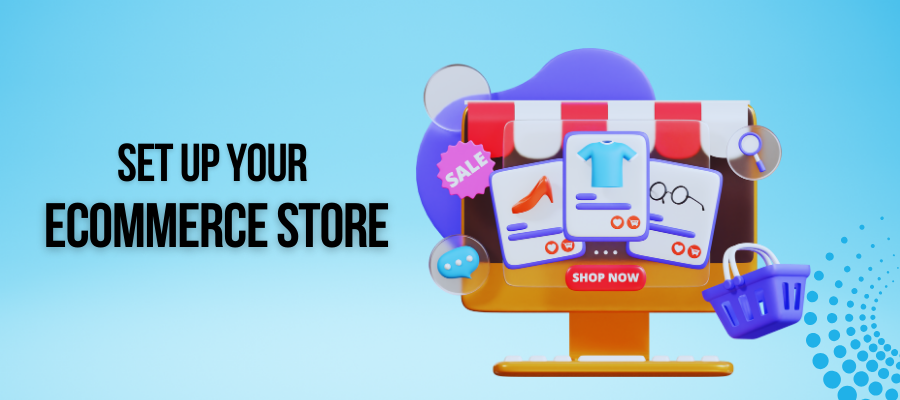
Create Your Niche Concept
First, determine which products or services you must prioritize selling from your online store. Identifying your niche is an important step for launching a successful online shop. Following that, you must conduct extensive market research to understand consumer trends. Determine which products are in high demand today and begin storing and selling them. However, if you still don’t know what’s hot, the framework that hosts your online store may be able to help. Shopify, for example, provides over 20 trending ideas, such as women’s fashion, art supplies, camping gear, and makeup & beauty products.
Purchasing a Domain Name
Buy your domain name as soon as you’ve arrived with a business idea and decided on a name for it! In reality, you should purchase your domain name before designing your website or company logo. This is due to the fact that the URL you select has a significant impact on your website’s search engine results. Moreover, an impactful URL can strongly impact your customers’ trust in the brand. Customers will be more likely to accept a website with a.com domain extension than one with a.xyz domain extension. The best is to hire an ecommerce solution provider company as they extend 360 degree assistance. Even so, anyone can purchase a domain name, so don’t let someone else take your perfect domain
Design and Branding of a Website by Collaborating with Designers
After you’ve bought and managed to secure a domain name for your website, it’s time to start thinking about the design and branding of it. Before creating an ecommerce website, you need to consult the best ecommerce website design services company. Because your website design and branding are important to the achievement of your e-commerce, collaborating with experts may be a good option. Luckily, a wide range of professionals could provide expert graphic design services. This can assist you in creating the perfect startup e-commerce logo for your business website. Also, keep in mind that the emblem does not have to be a masterpiece in the beginning. You can begin with a basic design. Then, as your company grows, you can revamp it to give it a more professional appearance. So, if your budget is limited, you can design the symbol yourself using an online logo maker. The DIY tool generates the style based on your specifications. Now that you’ve decided on a new start – up logo, it’s time to think about website design. In this respect, you could think about hiring an expert ecommerce solution provider, creating your design from scratch, or using a fully prepared website design framework. Whatever option you select, always be thorough when analyzing your site. This simple change contributes to the last website design of your site providing the best user experience for your prospective clients 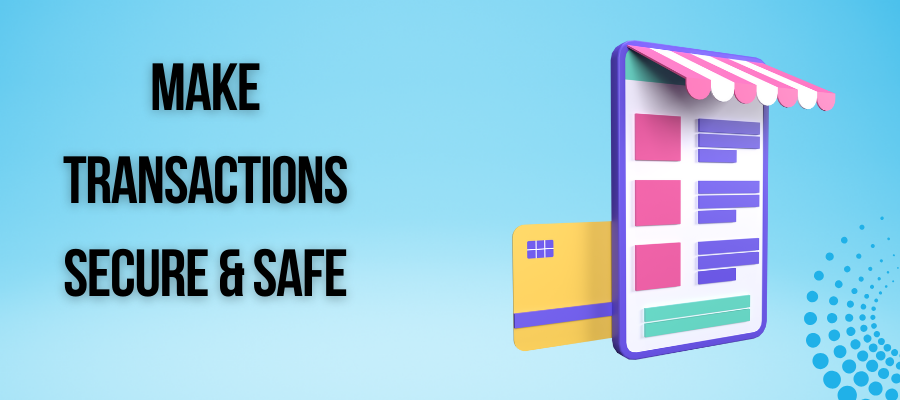
Selecting Your Products
Now that you’ve decided on a new start – up logo, it’s time to think about website design and product selection. The purpose of building an online business will still remain incomplete without this step. In this respect, you could think about hiring an expert e-commerce website developer, creating your design from ground – up, or using a fully prepared website design framework. Whatever alternative you select, always be thorough when analyzing your site. This simple change makes a significant contribution to the last website design of your site providing the best user experience for your prospective clients.
Safeguard and secure Transactions
Your e-commerce site will gather a wide range of data from users. They will only believe your site if their personal information is encrypted from online theft. On your e-commerce site, you will include different forms for users to fill out. Registration forms, order forms, online applications, suggestion boxes, and other types of forms fall into this category. Use a no-coding form builder with numerous layers of security and conformance to make these forms safeguard for users. This free online form builder is also simple to implement with your other digital tools
Shipping Arrangements
Because you run an ecommerce business, you must set up shipment setup and conditions to make sure that your products reach your customers as designed. Fortunately, this is generally quite simple. To ship their products, most online businesses will use a basic courier or postal service. Verify the shipping charges for various weights and sizes of product lines when calculating your shipping fee (if applicable).
Register Your Company
Your online company website is complete! However, before you can start accepting customer interactions and orders, you must first register your company with the proper authorities. The specific method depends on whether you intend to continue operating as a sole trader, partnership, limited companies, or public company. Initially, do some research to see what works best for you.
Promote Your Store
The majority of the tough work has been completed at this point. So now all you have to do is market your online store and attract your first clients. Even so, as a product new company, potential customers may be unsure whether or not to buy your product. Starting with an advertising freebie is a great way to build trust and get quick feedback. Other marketing choices, including SEO, search engine advertising, and even social media ads, can be extremely able to expand your e-commerce brand’s reach and attraction. 
Here are some ecommerce marketing tips
- Integrate social media to leverage social media reach
- Build and nurture your email subscription list
- Optimize your ecommerce website with best SEO practices.
- Design a simple checkout process to reduce cart abandonment
- Create valuable content for your target customers
- Partner with influencers to promote your ecommerce website.
What are some tips for starting an ecommerce business from scratch?
Starting an e-commerce business is a journey of ups and downs. Finding strategic ways takes time, a lot of investment, and brainstorming. The most vital things you will need are passion and a knack for innovation.
Here are some pro tips that can make the journey seamless:
- Take a small step at a time without humping into lots of things.
- Keep your hands on the pulse of trends to thrive in this industry
- Follow out-of-the-box marketing techniques and keep checking on its performance through analytics
- Leverage multichannel strategies and take benefits of partnerships.
Conclusion
If you want to begin an e-commerce business, you must have the suitable strategy. We hope you have found this article useful. Developing an online business is frequently a remarkably simple process. While it is not every time possible to finish the procedure in a matter of days, it does not have to be a major drain. You can make your business website the finest with time, following the right steps and by hiring the right ecommerce solution provider company experts. Do you need the best advice to build ecommerce website for beginners? Book a free consultation with our expert ecommerce solution provider now!


